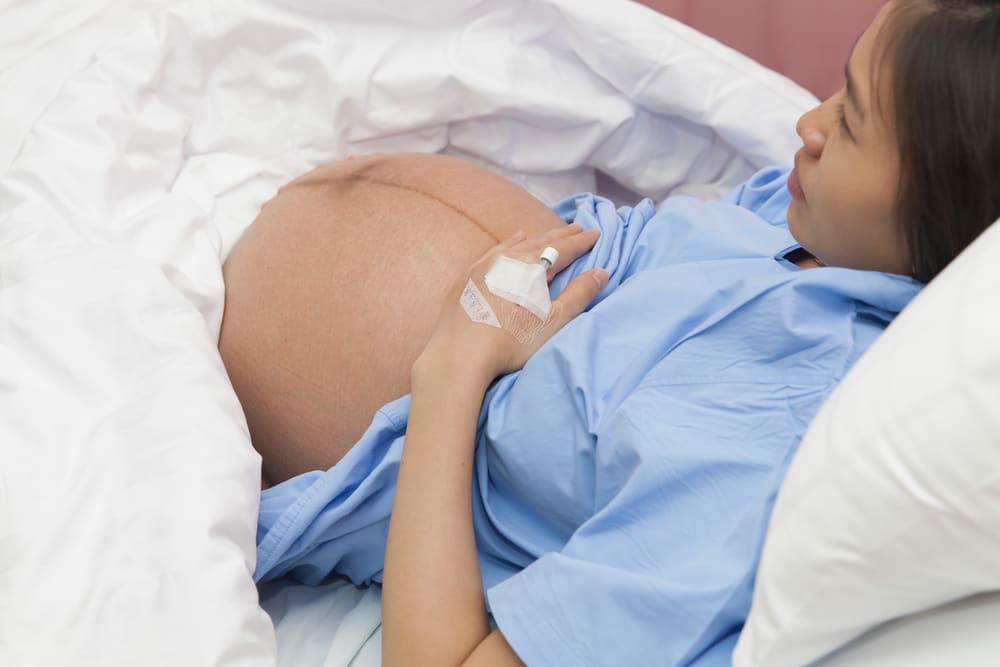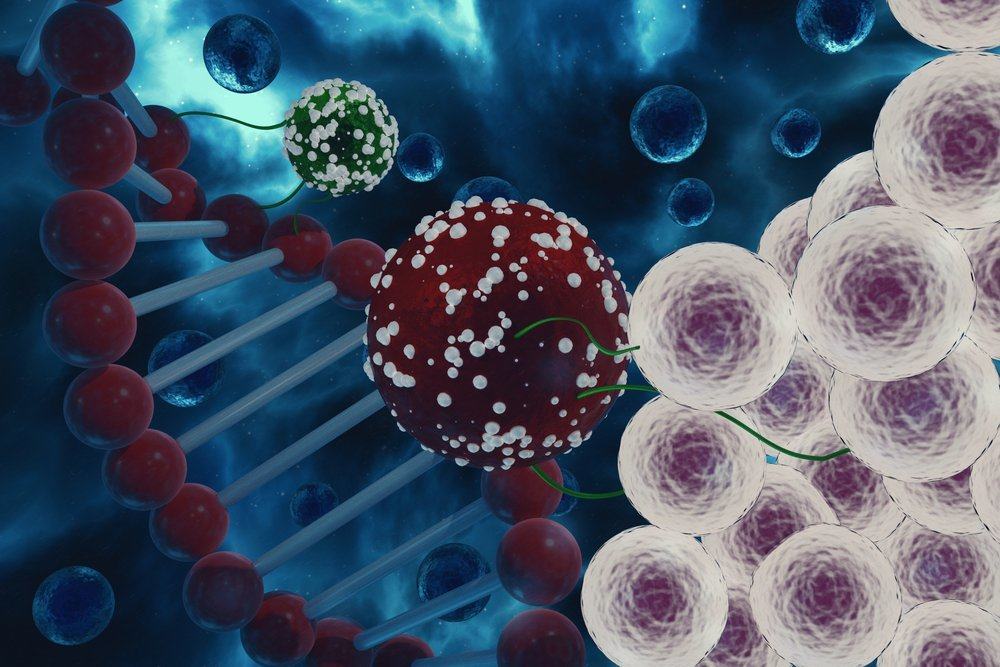Contents:
- Medical Video: Pap and HPV Testing | Nucleus Health
- What is a pap smear?
- Who needs a pap smear?
- What should I prepare before undergoing a pap smear?
- What will happen during a pap smear?
- What are the results of the pap smear test?
Medical Video: Pap and HPV Testing | Nucleus Health
For you women, you may often hear about pap smear tests. In fact, many recommend that every woman do pap smears early. This test is done to prevent you from cervical cancer. To find out more about pap smear tests, see the explanation below.
What is a pap smear?
A Pap smear is an examination performed to detect cervical cancer in women. Cervical cancer is very common in women, especially if vaginal hygiene is not maintained. For that, besides doing a pap smear to prevent cervical cancer.
You also have to maintain vaginal hygiene especially during menstruation and vaginal discharge. Using female antiseptic fluids that contain povidone iodine you might be able to do to maintain vaginal hygiene.
A Pap smear is done by collecting cells in the cervix and then the cells are tested in the laboratory. A Pap smear can show cell changes or signs if you have or will develop cancer cells in the cervix. So, the earlier you do a pap smear, the more you can prevent cancer cells from developing more severely.
Who needs a pap smear?
All women need to do a pap smear so that the development of cervical cancer cells can be prevented early. Generally, doctors recommend that you do a pap smear first at the age of 21 years. After that, you can repeat the pap smear every three years until the age of 65 years.
Women aged 30 years or more can do pap smears every 5 years, if the pap smear is accompanied by HPV testing. If you have certain risk factors, you might be recommended by a doctor to do a pap smear more often according to your age.
These risk factors are:
- You have been diagnosed with cervical cancer or previous pap smear results showing pre-cancerous cell development
- You are exposed to diethylstilbestrol (DES) before birth
- You are infected with the HIV virus
- You have a weakened immune system due to organ transplantation, chemotherapy, or are taking a drug for a long time
What should I prepare before undergoing a pap smear?
Before you do a pap smear, you should first make sure you are not menstruating when a pap smear is done. Doing a pap smear while menstruating can cause the test results to be less accurate.
In addition, there are other things that you must also prepare before doing a pap smear, namely:
- Not having sex two days before pap smears
- Not cleaning the vagina with douche two days before pap smears. Simply clean your vagina with warm water.
- Avoid vaginal contraception, such as foam, cream, or jelly placed in the vagina two days before pap smears
- Also avoid using drugs for the vagina (except what your doctor prescribes) two days before pap smears
- Empty your bladder before doing a pap smear
You also have to tell your doctor before doing a pap smear, if:
- Taking drugs, for example birth control pills containing estrogen or progestin. Because, this drug can affect test results.
- Have done a pap smear before and the results are not normal
- You are pregnant
What will happen during a pap smear?
Pap smears are carried out for approximately 10-20 minutes. Not too long, right? At this time, you will be told to lie down by the doctor on a special bed with your feet raised to the side (like a straddling position).
The doctor will then insert a speculum device (as shown above) into the vagina. This tool serves to open and dilate the vagina. Next, the doctor will take a sample of cells in your cervix with a special device. This cell sample will then be examined in the laboratory.
During pap smears you may feel a little discomfort, such as cramps when you menstruate. You may also feel pressure on your vagina during a pap smear. And after that, you may bleed slightly from the vagina.
What are the results of the pap smear test?
Pap smears will come out a few days after the test is done. Negative results indicate that there are no abnormal cells found in your cervix. However, you still have to do another pap smear in the next few years. Cervical cancer develops very slowly, so repeated pap smears are needed to monitor the development of cancer cells.
If the test results are positive, this does not mean you have cancer. You may be experiencing inflammation or small cell changes (dysplasia). To make sure you have cancer or not, some further tests are needed, such as another pap smear test in a few months and colposcopy.












